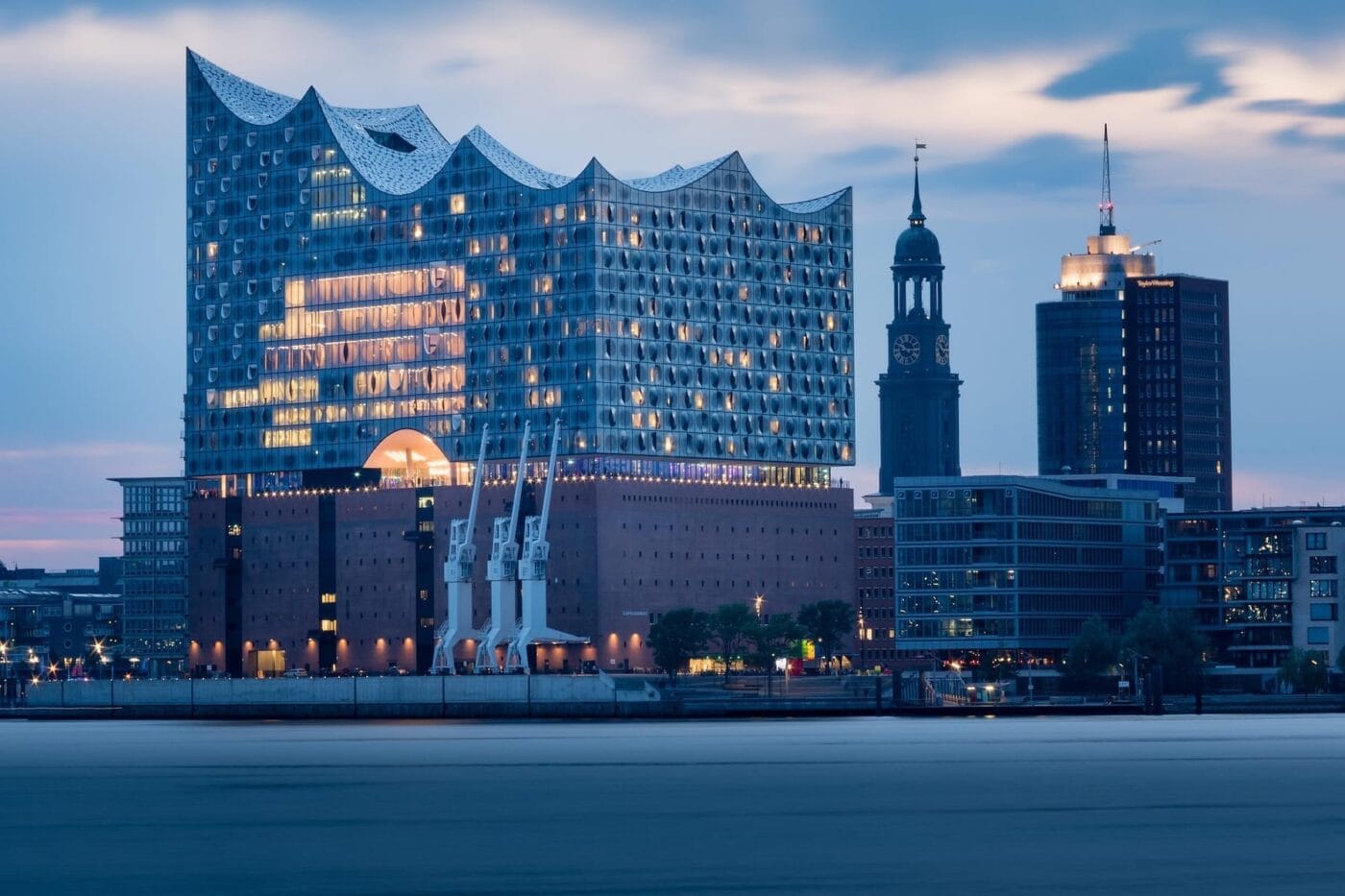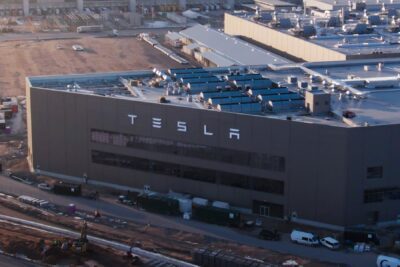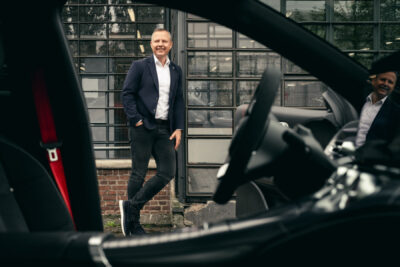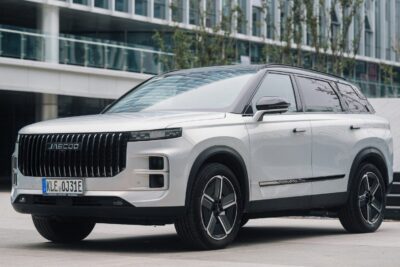Decision for the future: Hamburg to become climate neutral by 2040
The ‘Hamburg Future Decision’ citizens’ initiative was launched by the Fridays for Future climate movement and is supported by environmental organisations such as NABU and BUND, as well as the Verdi trade union, the Carlsberg brewery and FC St. Pauli football club.
On Sunday, a referendum was held on the amendment to Hamburg’s climate protection law proposed by the ‘Hamburg Future Decision’ initiative, and 53.2 per cent of those who took part in the referendum voted in favour of the amendment. Mayor Peter Tschentscher announced on Sunday evening that he would implement the amendment. He said this was required by the constitution and the legal situation. However, there will be a transition period of two years.
The core demand of the amendment, namely to achieve climate neutrality in Hamburg by 2040 instead of 2045, is to be enshrined in law. At the same time, it should also be stipulated that climate neutrality must be implemented in a socially acceptable manner. The popular initiative understands this to mean, among other things, affordable local and regional public transport that is accessible to all. Furthermore, ‘smart energy’ should be promoted, for example, through tenant electricity models and the widespread installation of photovoltaic systems in public buildings and schools.
30 kph speed limits, zero-emission zones and a ban on combustion engines
This decision for the future also brings with it significant changes for motorists: although this is not directly stated in the draft bill, a report commissioned by the city and conducted by the Hamburg Institute and the Öko-Institut considers the rapid implementation of 30 kph speed limits throughout the city to be one of many important measures. The report also suggests the establishment of zero-emission zones (NEZ) in which only emission-free vehicles, electric cars and hydrogen vehicles are allowed to drive. “In the interests of proportionality and predictability, the NEZ should start with a core area and gradually expand over the years. For example, the establishment of such a zone could begin within Ring 1 and then be extended to Ring 2, Ring 3 and finally the entire city area in subsequent years,” the report states.
The report also emphasises that in order to achieve climate neutrality for Hamburg by 2040, mobility must be completely electrified by 2040 – which means that no vehicles with combustion engines will be allowed to drive on Hamburg’s roads, except perhaps those running on climate-neutral e-fuels, if such fuels ever become available.
Doubts about the capacity of public transport
Criticism has come from the ADAC, for example: “Public transport will not be able to cope with the additional passengers resulting from the ban on combustion engines. 50% of public transport users are already transported by bus,” says Hanno Huijssen, CEO of ADAC Hansa. The motoring club also doubts the sense of a general 30 km/h speed limit: Various studies have shown that a 30 kph speed limit at constant speed leads to higher fuel consumption, increased nitrogen oxide emissions and more engine-related particulate matter, according to the ADAC. And if there is indeed a driving ban on combustion engines, it would be irrelevant for the climate if a speed limit also applied to electric cars.
However, it is important to understand that such details are not regulated by the amendment to the Climate Protection Act, but that the discussion about 30 kph would then have to be conducted separately. It could also be that 30 kph would only be a transitional regulation until all vehicles are climate-neutral.
ndr.de, adac.de (both in German)
This article was first published by Elias Holdenried for electrive’s German edition





0 Comments